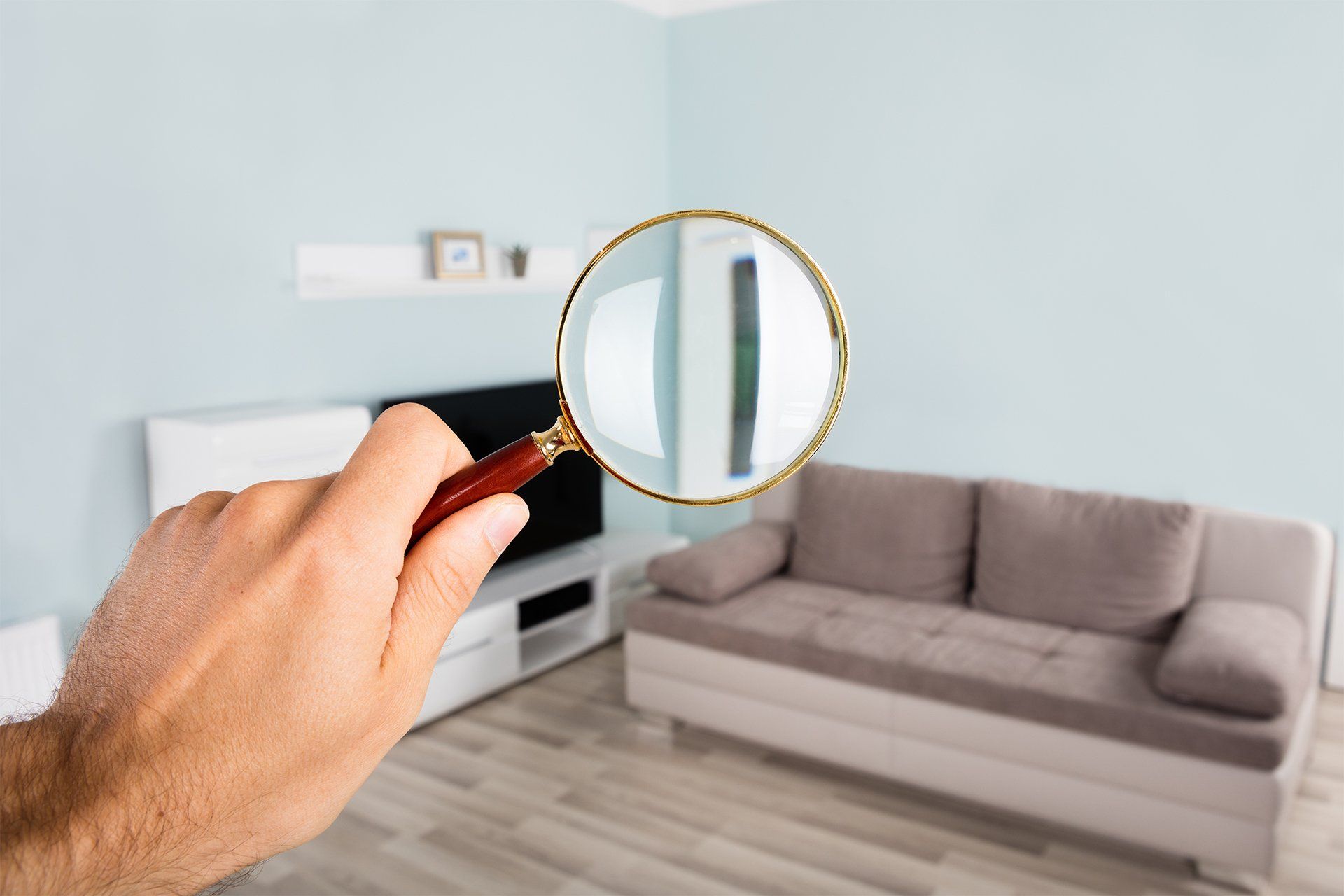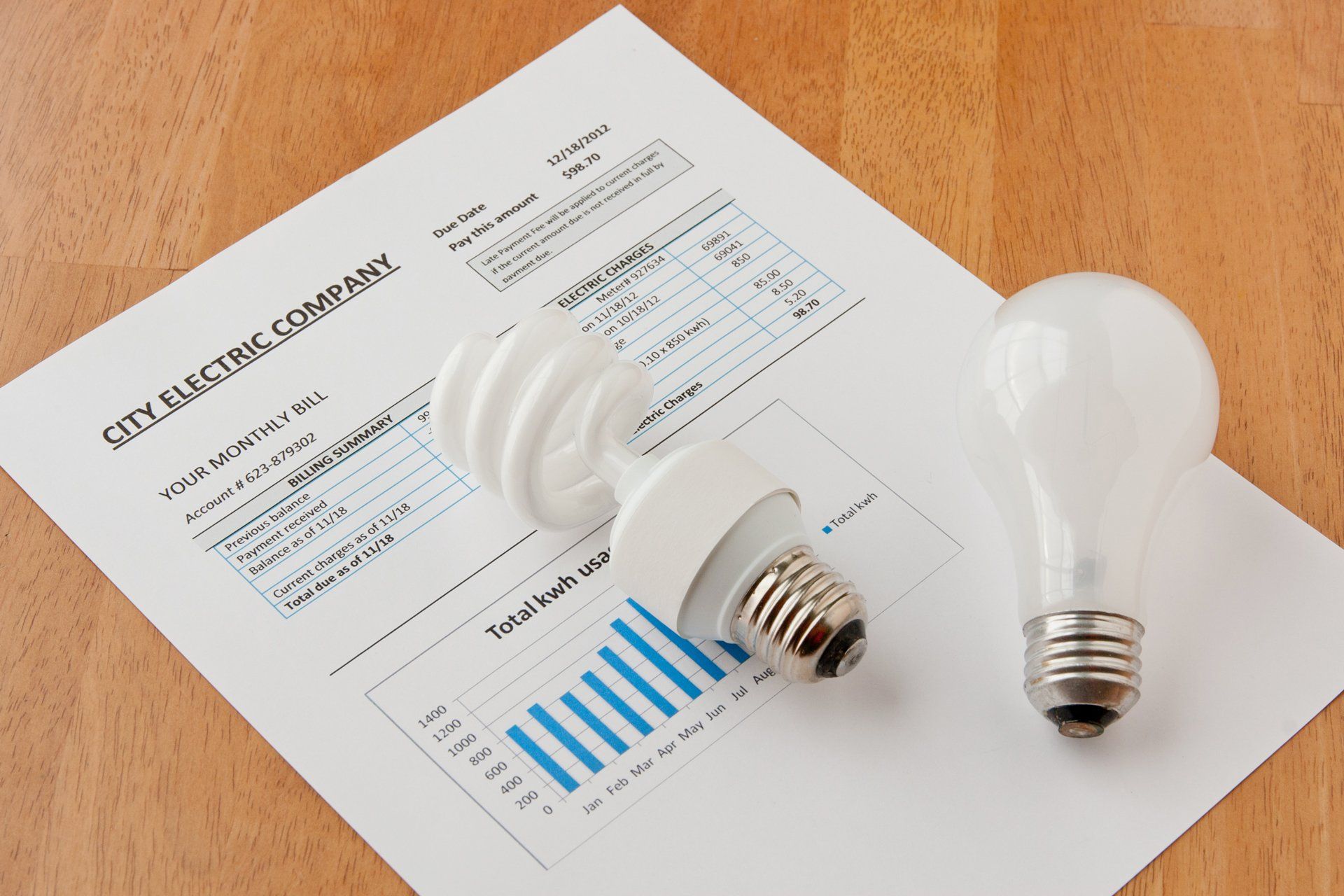
By Elliot F. Tatum
•
April 4, 2016
Well my first answer: Absolutely! I have been inspecting homes for close to 20 years, thousands of homes and have only seen maybe 4 homes that I could not see anything that warranted a ding on my report. And I'm talking about cosmetic items like paint issues, stains on carpet or little nicks in the wall. In my experience I have even found major problems in newly constructed homes. One would think that its new so I don't need it to be inspected. I've even heard of realtors telling clients that they did not need an inspection because the builders warranty would cover all problems within the first year. The fact is newly constructed homes like all other homes are built by many hands. The general contractor usually has sub contractors that are responsible for constructing their portion of the home. It is possible that a single family 3 bedroom home could have upwards of 15 or more subcontractors working on the home with anywhere from 5 to 20 people working with each company. Many times, the general contractor does not have knowledge of the problems we find because the subcontractors do not report them. In most cases the subcontractor hopes the problems go unnoticed so they can receive final payment without delay. Problems range from small caulk issues to major structural issues just like in an older home. So again, absolutely yes! Invest in a home inspection.

By Elliot F. Tatum
•
August 27, 2015
It probably isn't. We have all heard the saying "looks can be deceiving". Well this saying holds true for beautiful, lavish homes as well. In a home the outer appearance is what tends to draw our interest but it is always a good idea to reserve your final decision on making a purchase until after the inspection is completed. A home inspection looks past the beauty of the materials selected by the builder to the nuts and bolts of the home. In other words, is everything installed properly, are there any flaws in the workmanship, did one sub contractor damage important structural items of another. In most inspection, its the unseen places that hide potential costly issues. So no matter how much it cost, where its located or how lavish it is, get it inspected!!

By Elliot F. Tatum
•
August 26, 2015
If you’re like most people, you probably think you spend too much on your electric bill. And you may be right. Many of the causes of high electric bills are related to the way you use electricity in your home, some of which you might not even be aware of. To help you start saving money, we’ve highlighted five ways in which you’re probably using too much electricity, as well as some tips for using less. 1. Letting Vampire Appliances Bleed You Dry One of the main reasons your electric bill may be high is that you have a host of items that stay plugged in whether you’re using them or not. While that might not have been such a problem years ago, most modern appliances and gadgets draw electricity when turned off. This is mostly because much of modern technology never really turns off. Instead, DVRs, computers, televisions and all sorts of other gadgets transition to a standby mode so they can be turned on faster or carry out a scheduled task like recording a TV show or brewing a pot of coffee. Problem is, these devices are sucking electricity out of your home while waiting for a command from you or waiting for a scheduled task to run. And anything with a clock, such as microwave ovens and coffee makers — and Solution: You can start saving energy by connecting devices to power strips and turning off the power strips when you’re not using them. That way, off will really mean off. Check Lowest Energy Rates in Your Area 2. Feeding Energy Hogs Big appliances, like dishwashers, clothes washers and clothes dryers have insatiable appetites for electricity and using them too often can drive your electricity bill way up. In fact, the average American family does almost 400 loads of laundry a year and uses almost 40 gallons of water for a full load. Solution: For your dishwasher, make sure that you fill it to capacity before you run it, choose an appropriate wash cycle and make sure that you use no-heat drying. For clothes washers and dryers, try having only one laundry day each week, fill your loads to capacity and select low heat for drying. 3. Misusing Lights and Ceiling Fans When it comes to lighting, many people make the mistake of using lights to affect the brightness of an entire room, which can contribute to high electric bills. However, lighting is efficient only when used directly to provide light to specific areas of a room, such as couches, chairs, kitchen tables and workspaces. You’ll also pay more on your electric bill if you keep lights on when nobody’s using them. Likewise, ceiling fans only affect the temperature of the room in which they’re installed, so it makes no sense to leave a ceiling fan on if nobody’s in the room. Additionally, ceiling fans have a toggle switch that allows the blades to switch direction for optimal efficiency based on the season. If you’re not switching the direction of your blades according to the season, you’re wasting money when it comes to using your ceiling fans. Solution: Use lighting only for specific areas that are occupied and make sure to turn off lights when those areas are no longer in use. Additionally, change out inefficient incandescent light bulbs for energy-efficient CFL blubs to save money when the lights are on. For ceiling fans, turn them off when nobody’s in the room and be sure to set the toggle switch so that the blades run counter clockwise during the summer and clockwise during the winter to circulate air more efficiently. 4. Using Appliances Past Their Prime Using old appliances is probably one of the bigger reasons why you’re paying more on your electric bill. The fact is old appliances simply use more energy than new energy-efficient models. If you don’t want to upgrade your refrigerator, dishwasher, clothes washer, clothes dryer, stovetop or oven, you should probably settle for spending more on your monthly energy bills. Solution: This one’s easy. Upgrade your appliances with new energy-efficient models. A new energy-efficient refrigerator, for example, uses about four times less electricity than an older model. 5. Charging Mania Look around your home at all the technology that uses chargers: cell phones, MP3 players, iPads and tablet PCs, electric razors, electric toothbrushes, laptops, portable game systems and a whole slew of similar devices. The more tech- and gadget-oriented you are, the more likely you are to have these devices plugged in and sucking energy from your home — and the more likely you are to pay an expensive electric bill because of them. Solution: Unplug AC adapters and chargers from sockets when not actively charging a device, as they’ll pull electricity simply from being plugged in. Also, make sure to only charge your devices when they need it. Unnecessary charging not only costs money, it can shorten your gadget’s battery life.
Thank you for contacting us.
We will get back to you as soon as possible.
We will get back to you as soon as possible.
Oops, there was an error sending your message.
Please try again later.
Please try again later.
